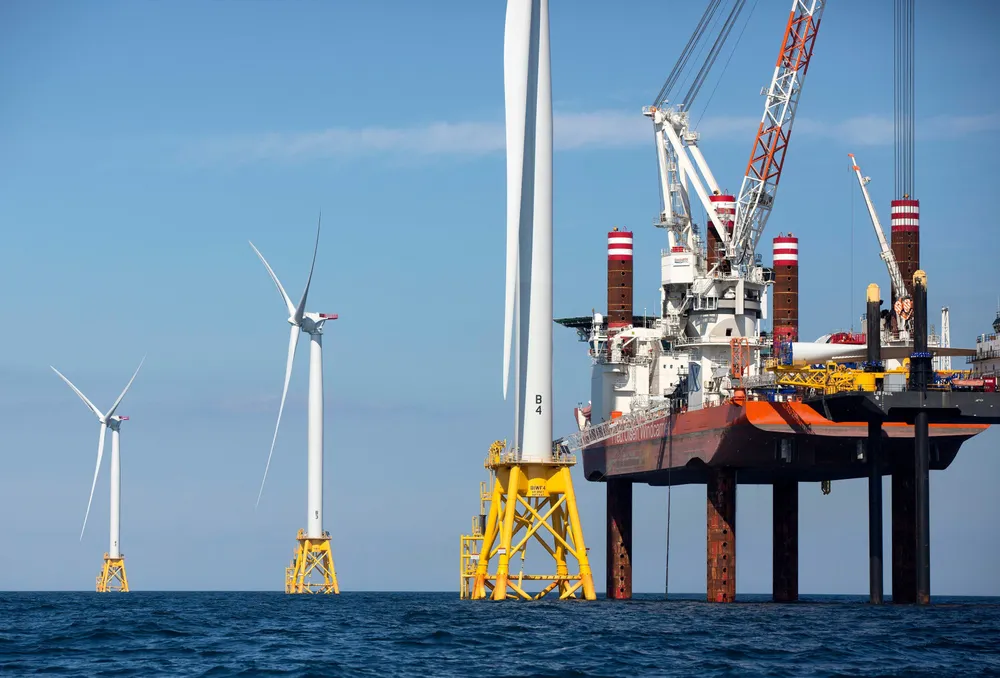Calls for local content mandate for Australia's burgeoning offshore wind industry
Industry and unions welcome offshore wind projects but want to ensure local workers reap the benefits of the energy transition

Industry and unions welcome offshore wind projects but want to ensure local workers reap the benefits of the energy transition
